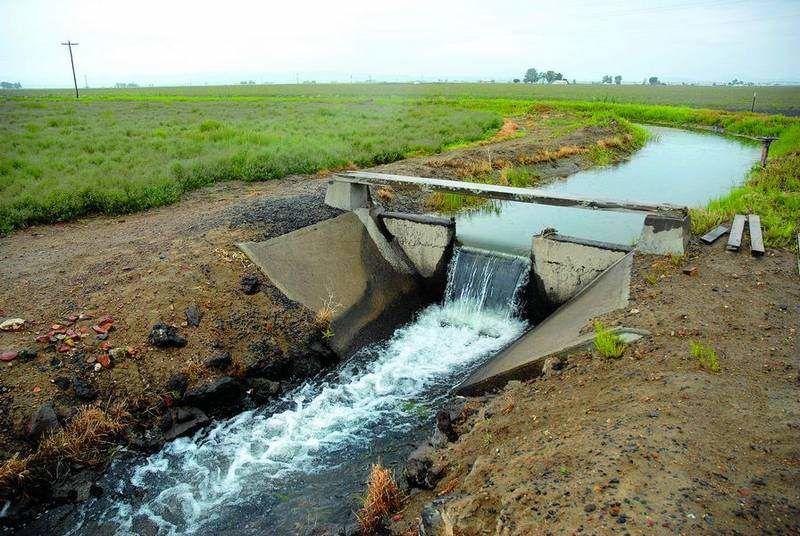This article was published on: 08/5/22 3:42 PM
Ask a few Oregonians if their state has enough water to meet its needs and you may get some varying answers. The differing views on the question may be tilted based on where people live, or even their gender.
Roughly half of all Oregonians (48%) agree there is enough water in Oregon to meet current needs while 37% disagree and 15% are unsure, according to a survey conducted by the Oregon Values and Belief Center, a Portland-based nonprofit.
This number has shifted over the past 12 months — a year ago 56% of Oregonians said their state had enough water to meet current needs.
The survey also reveals a gender divide when it comes to who thinks there is enough water — 56% of female Oregonians believe we have enough water while 42% of their male counterparts agreed with them.
Younger people tended to agree with the statement more than older people — 54% of those 18 to 29 agreed that Oregon has enough water for its needs, while just 39% of those in the 45-to 54-age category agreed.
There was also a split of opinion down party lines — 40% of Democrats agree there is enough water to meet the needs of the state while 62% of Republicans agreed with the statement.
Attitudes were based on where people live, too — 54% of Willamette Valley residents agree that there is sufficient water while the number was 47% in the Portland area and 46% in the rest of the state.
The online survey consisted of 1,572 Oregon residents ages 18 or over. The independent and nonpartisan organization said this is a sufficient sample size to assess Oregonians’ opinions, generally, and to review findings by multiple subgroups.
The survey was taken July 8-16. The survey’s margin of error is plus or minus 2.5%.
Survey participants were also asked their opinions about water conservation.
“I think it’s time to reframe the norm, given where our water levels are and are likely to be in coming years,” said Sienna Fitzpatrick, a Deschutes County resident. “We can’t continue with business as usual, or our rivers won’t be able to recover.”
Survey results show that Oregonians are split between those who are willing to pay more in order to support drought-related infrastructure improvements and those who are not (49% to 40%).
About two-thirds of Democrats say they’d be willing to pay more (65%) compared to about one-third of Republicans (35%). Independents fell somewhere in between at 42%.
Across Oregon, there isn’t a strong feeling that the agricultural community is doing enough to conserve water. Just 37% of Oregonians agree that decisive action is being taken while 34% said they don’t know.
But some of those surveyed, especially those from Central Oregon, complained that housing and infrastructure growth are causing water shortages and farming communities are paying the price.
“They keep building homes and approving mega resorts and golf courses when farmers can’t grow food. It is ridiculous,” said Deschutes County resident Susan Matney.
Elizabeth Kirby, another Deschutes County resident, agreed. “Small farmers are really hurting in my area of Oregon to maintain needed water supplies while a huge amount of water goes to unnecessary places, for example golf courses and resorts,” Kirby said.
When it comes to future needs, 36% of Oregonians think there is enough water while 46% disagree. A year ago, Oregonians were more evenly split on this question, with 42% saying Oregon has enough water for the future while 45% said there’s not. This question also revealed a gender split — this year 45% of men said there is enough water to meet future needs while just 28% of women agreed with the statement.
The survey also revealed a political divide over whether or not the general public is doing enough to conserve water during droughts. The results showed that 41% of Republicans said the public is doing enough to conserve water while just 21% of Democrats agreed with the statement. In total (men and women), only 28% agree that the general public is doing enough while 56% disagreed.
Deschutes County resident Steve Cross said he is doing his part to conserve water.
“I take 40-second cold showers to conserve energy and water,” said Cross.
-Michael Kohn




